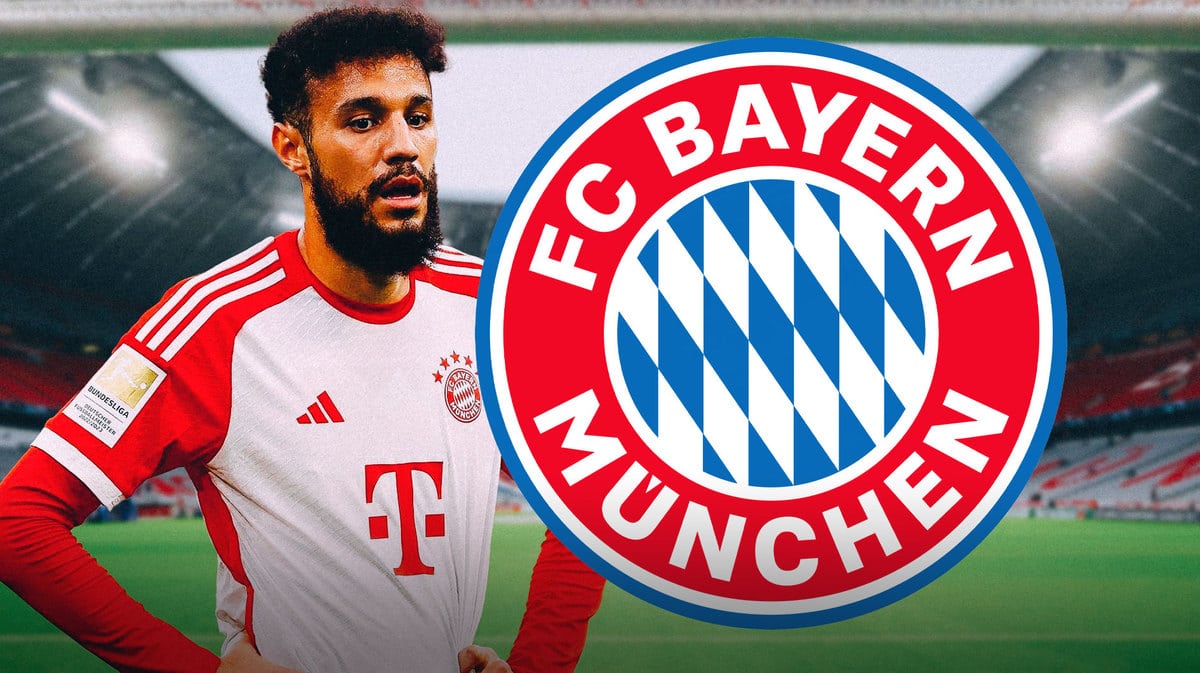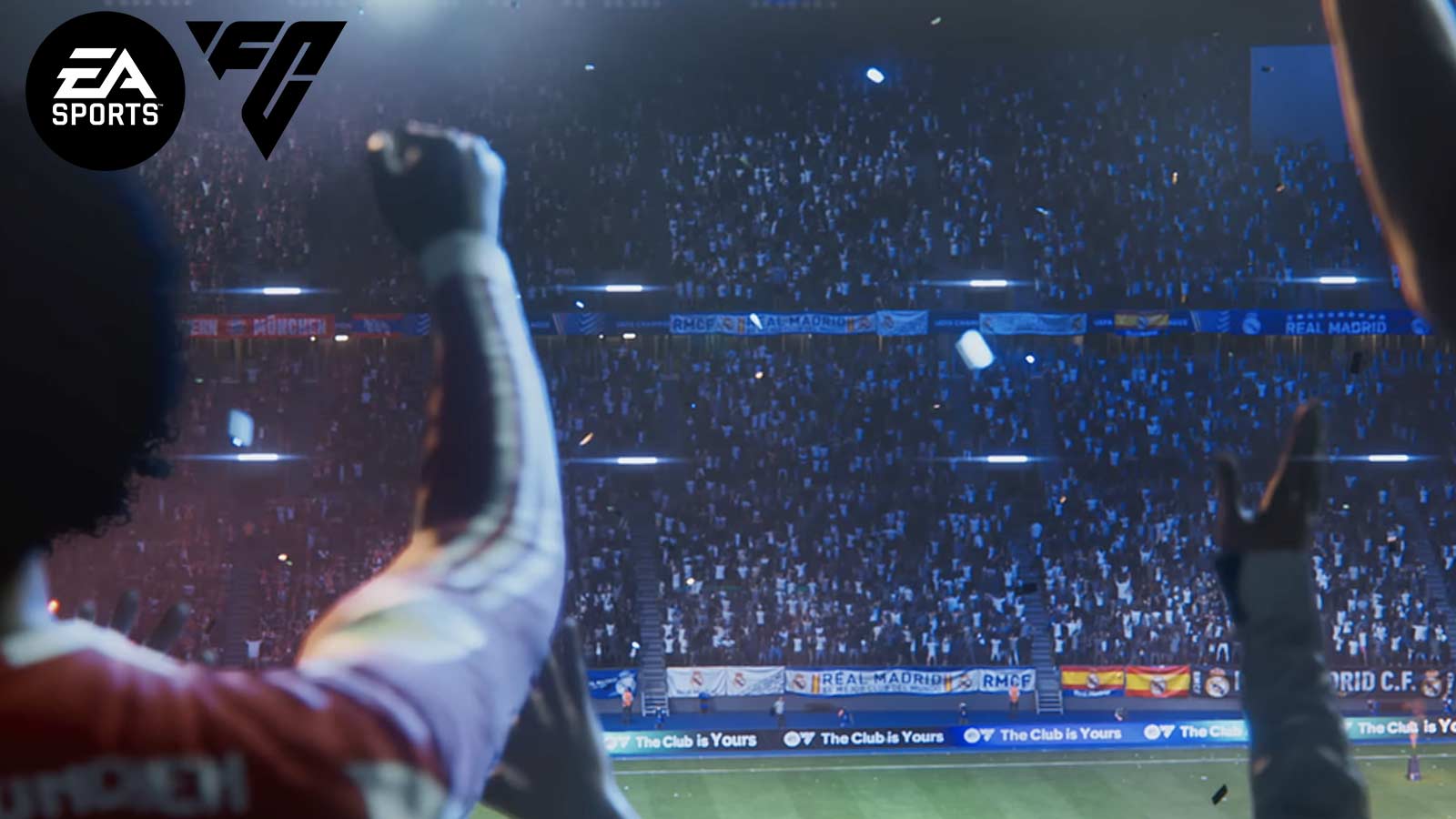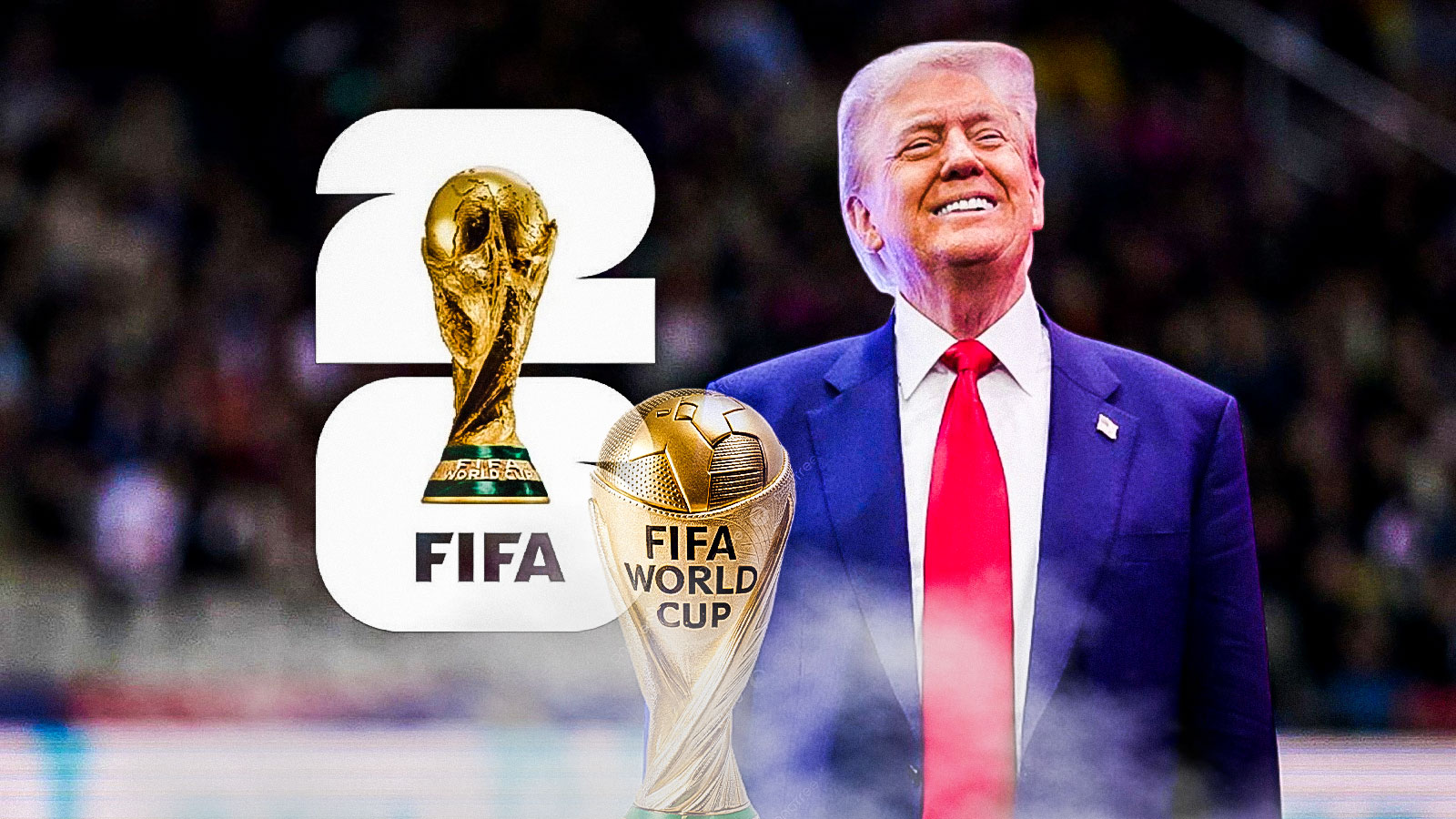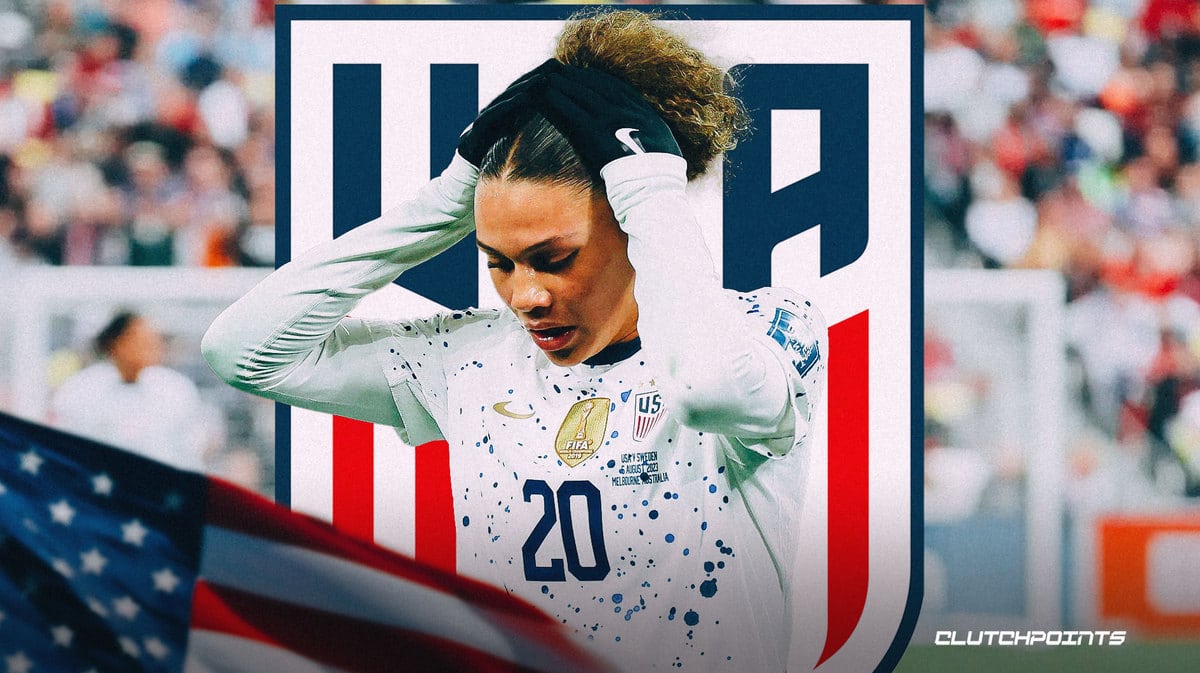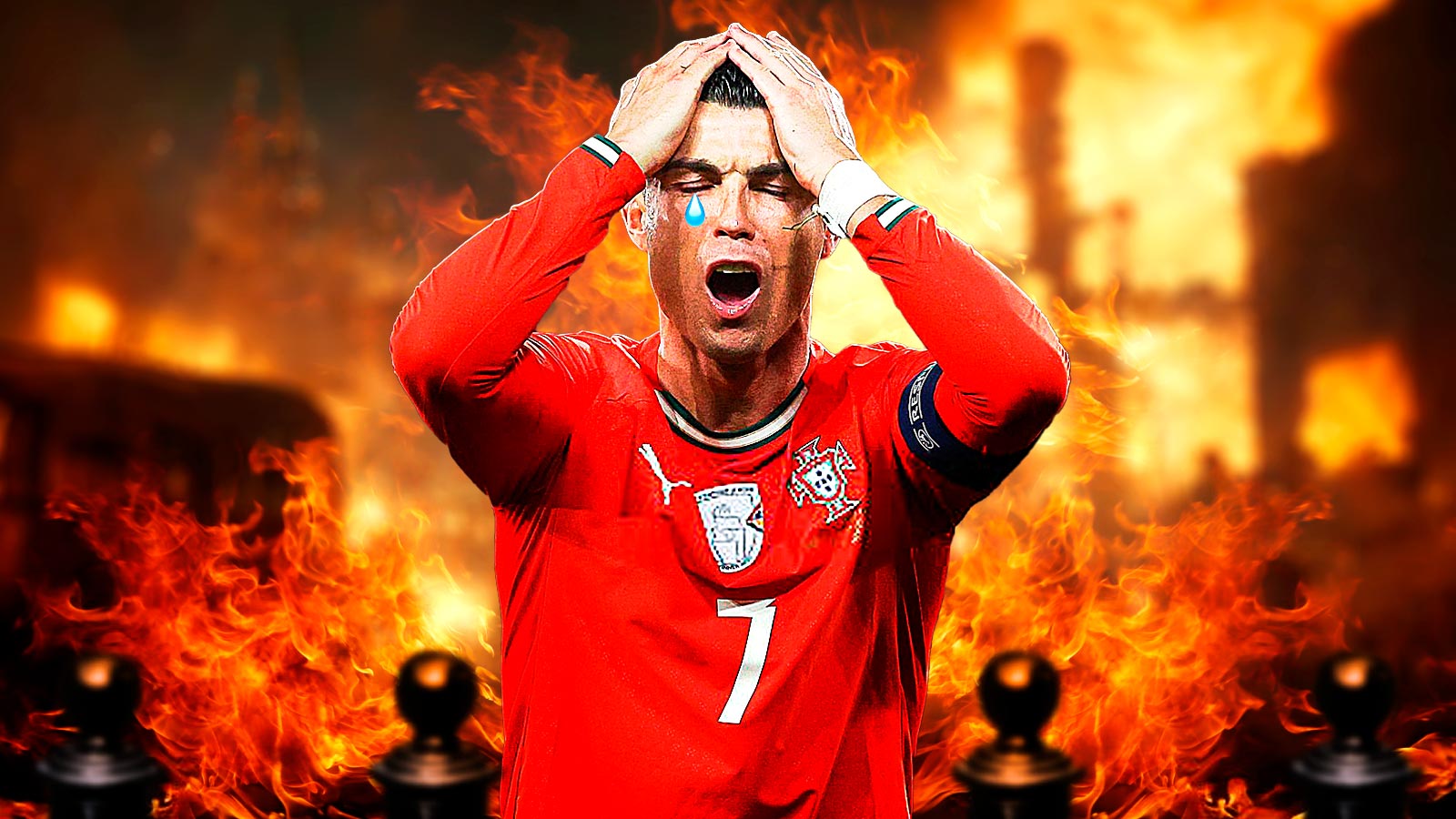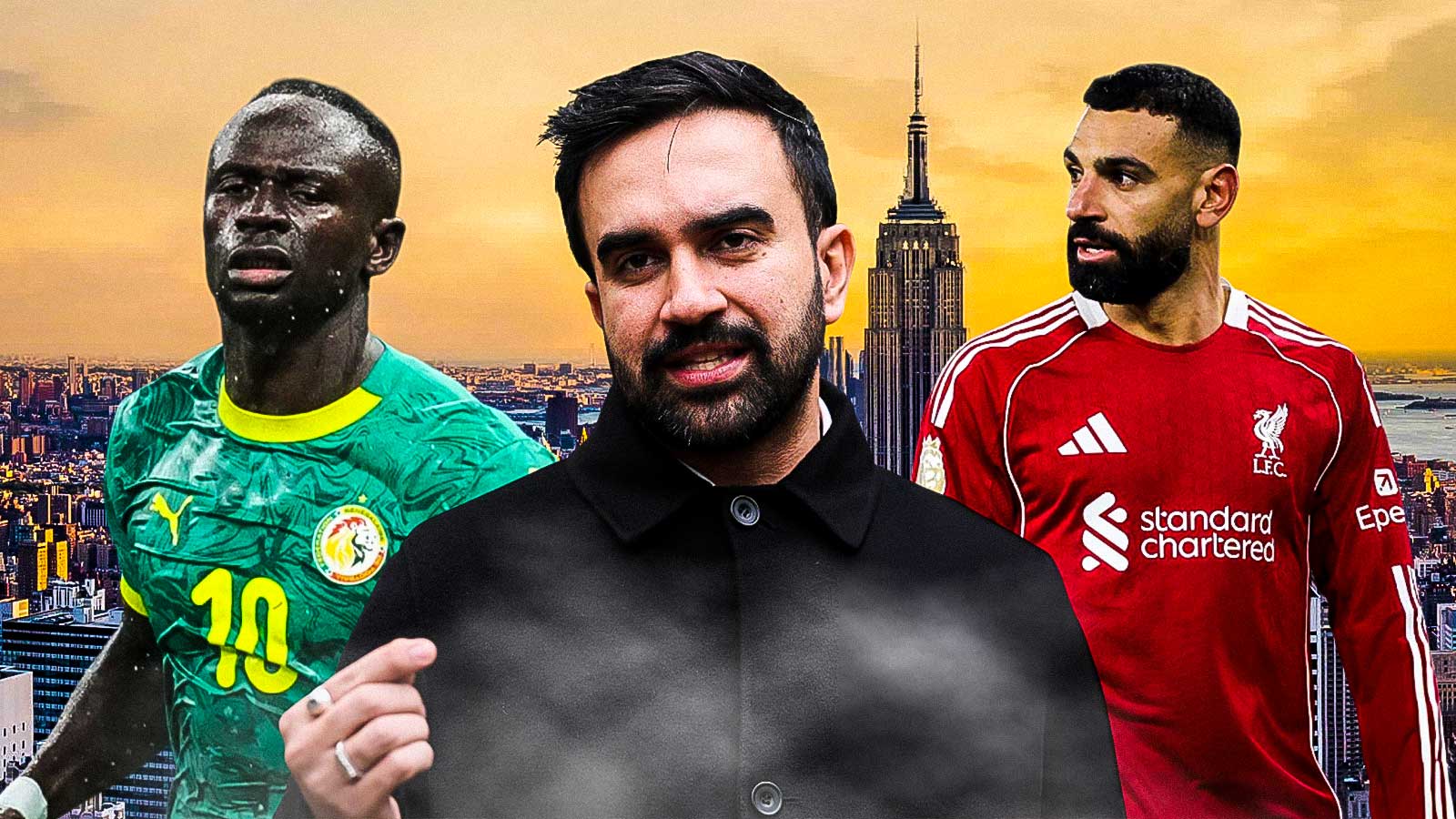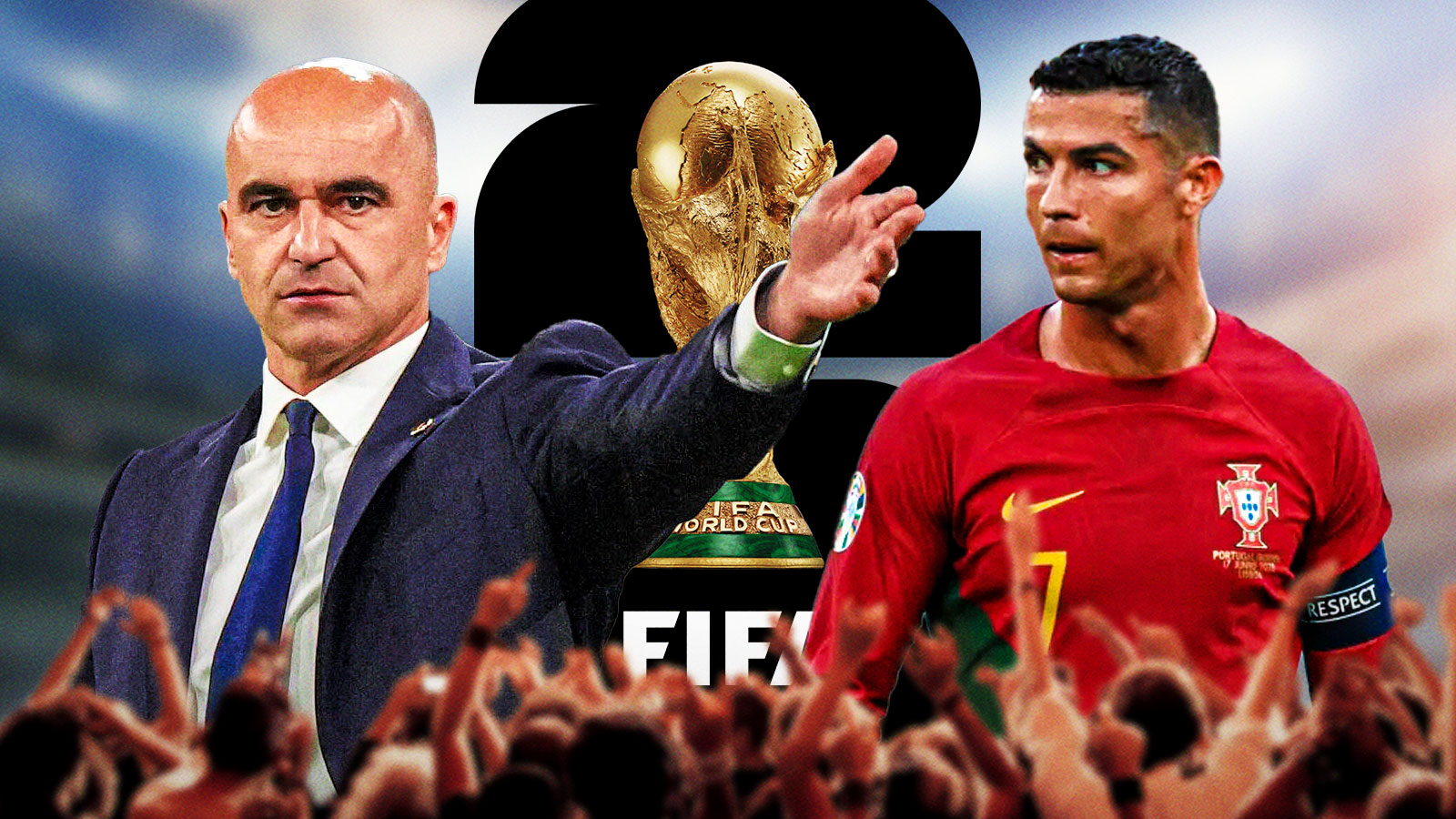Bayern Munich, the renowned German football club, has found itself at the center of a controversy following Moroccan footballer Noussair Mazraoui's social media posts expressing support for Palestine amidst the ongoing conflict in the region.
In response to Mazraoui's pro-Palestine stance, the club's management issued a statement expressing its intent to engage in an “in-depth personal discussion” with the player upon his return to Munich. Currently, Mazraoui is with the Moroccan national football team in Africa. He's not the first footballer to support Palestine as Arsenal's midfielder Mohamed Elneny also expressed concern for the developments happening in Hamas.
The club reiterated its commitment to certain values. It underlined its solidarity with Israel, characterizing the situation as a cycle of violence involving what it described as “terrorist attacks on Israel.”
Bayern Munich's statement comes amidst criticism and limitations on freedom of expression faced by Mazraoui from German media for voicing his personal opinions. The situation highlights a broader bias in some Western institutions in framing the Israeli-Palestinian conflict, depicting Palestinian resistance fighters as “terrorists” while showing sympathy for Israel.
BILD asked Bayern about Noussair Mazraoui's pro-Palestine posts on IG. The club has not responded yet [@BILD] pic.twitter.com/NeSWuhJ8a7
— Bayern & Die Mannschaft (@iMiaSanMia_en) October 15, 2023
German outlet Bild, in particular, criticized Mazraoui's stance, accusing him of “supporting terrorism.” The publication urged the player to distance himself from what it referred to as the “bloodshed caused by Hamas” and requested an explanation for his views.
This controversy has sparked a conversation about the importance of understanding the complex and longstanding Israeli-Palestinian conflict acknowledging the decades of occupation and violence endured by Palestinians. As the football world watches, Bayern Munich's stance and Mazraoui's freedom of expression are being closely examined within the broader context of this deeply contentious issue.

